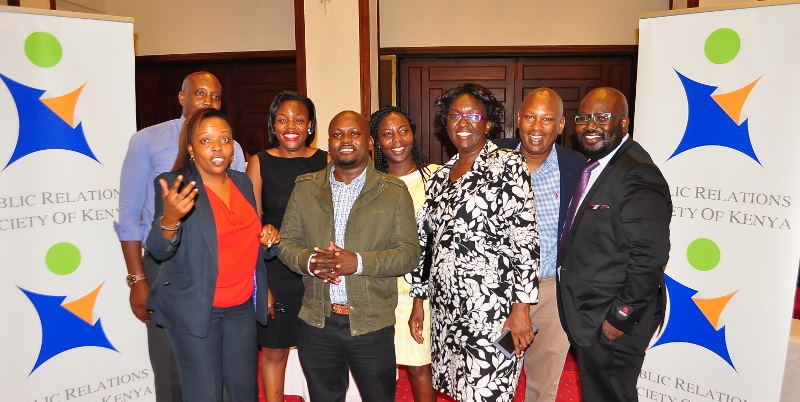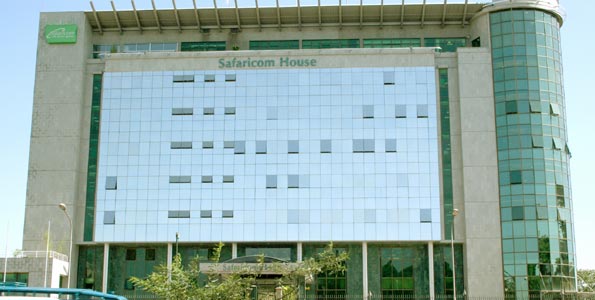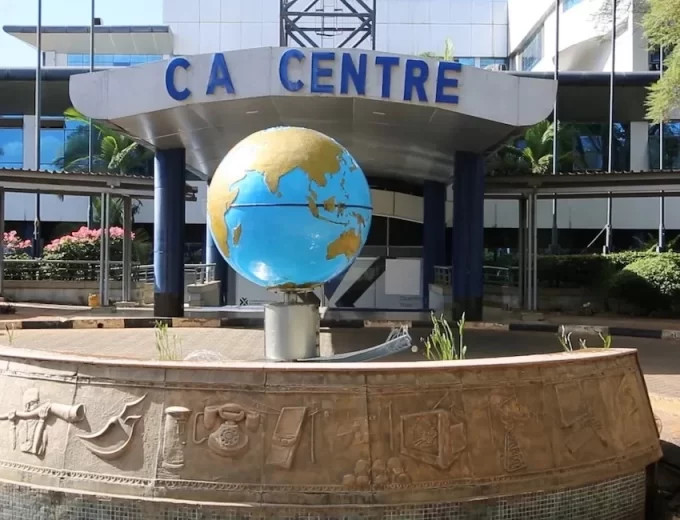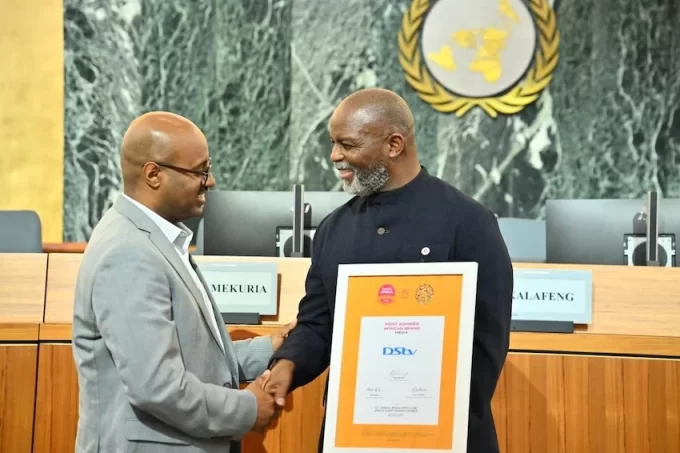The PR fraternity in Kenya went to the polls in April in the biennial elections of the Public Relations Society of Kenya (PRSK). It was a pretty professional affair as the Society used the services of an external player, the Institute for Education in Democracy, to manage the electoral process. The last PRSK elections were held in September 2014.
PRSK elections are yet to reach the heated events of some popular professional organisations akin to the Law Society of Kenya or the Kenya Medical Practitioners, Pharmacists and Dentists Union. But the baby steps will gradually give PRSK the much-needed members and media attention. Controversy aside, we hope that the professional stakes are raised high enough to attract the gurus in the leadership.
Strategic plan needed
Still, there are good tidings along the way. The numbers are increasing, and PRSK’s secretariat was all excited about the “historical” 300 pax attendance of the 2017 annual general meeting. PRSK committees, through which the governing Council plans and implements its main agenda, were also revamped for more effectiveness. The committees include partnerships, fundraising and consultancy; governance, integrity and compliance; education, training and research; membership and events and; publicity and editorial.
This is just what the doctor ordered. Though loaded, it is a wholesome mix that requires a comprehensive strategic plan to advance the Society. In addition, the new officials are a mixture of the past and the future of the industry, with gender balance to boot. Over the years, seasoned practitioners in the Society’s leadership have been ceding ground to new blood. What has been lacking, though, is critical mentorship so the new kids on the block come in with the right attitude about the profession.
According to the chairman’s report for the year 2017, the executive committee spent the last two years trying to streamline PRSK’s governance by developing a strategic plan, creating systems to enhance financial accountability, establishing an independent secretariat, and re-examining the Society’s legal framework.
See Also: Did Standard plagiarise Nation article?
A lot of work has been put on the draft strategic plan, which basically aims at transforming the Society to the Kenya Institute of Public Relations (KIPR) and the planned enactment of the Public Relations Practitioners Bill. Overall, work in progress includes six priority areas as follows: legal status, skills development, re-positioning, resource mobilisation, establishment of an independent secretariat, and developing a communication strategy.
A critical area that KIPR should entrench after the planned restructuring is mandatory accreditation. Like all practising journalists in the country must be accredited by the Media Council of Kenya, there should be minimum academic standards for people who want to become PR practitioners. This will help to weed out imposters who have at times given PR a bad reputation.
There are many people posing as PR experts in Kenya today, simply because they have a good smile and polished English! Somehow, these frauds get some of the most lucrative contracts or jobs, frustrating those who have honed their skills relentlessly.
Luckily, an increasing number of employers are cognisant of this fact and insist on PRSK membership as one of the requirements for applicants of PR jobs.
To make it easy, one should get automatic accreditation on enrollment of membership. Although the Society is cash-strapped, the fee should take into consideration the fact that many new members are entry level practitioners struggling to get a job, or just recently employed. Once KIPR gets its act together, there is a lot of money to be made through organising seminars, workshops and conferences, and undertaking programmes in both capacity building and continuous professional development.
For the task that PRSK has set itself going forward, it better make lots of money! Right now, things are not looking good at all, with the only physical assets to its name – according to the annual report – being a couple of laptop computers, telephone heads, and a boardroom table. Surely, this is not inspiring at all.
RELATED: Kenya’s PR industry coming of age
PRSK has a long history, having been formed in 1971. Many organisations of similar calibre started during the same period are now vibrant national organisations. However, the Society has had a chequered past, having at times appeared, and oftentimes operated like a cartel. There were no attempts at active recruitment as the incumbents benefited tremendously from operating a closed shop.
For the Society to break even and thrive in its core mandate of professionalising the industry, it needs a vibrant, committed and visionary leadership. It must break from the stereotypical image of a profession of good-looking ladies and gentlemen, to one of intelligent and strategic communication thinkers. Luckily, this message is now resonating with all stakeholders.
The writer is a communication consultant and public policy analyst. [email protected]
[crp]













Leave a comment